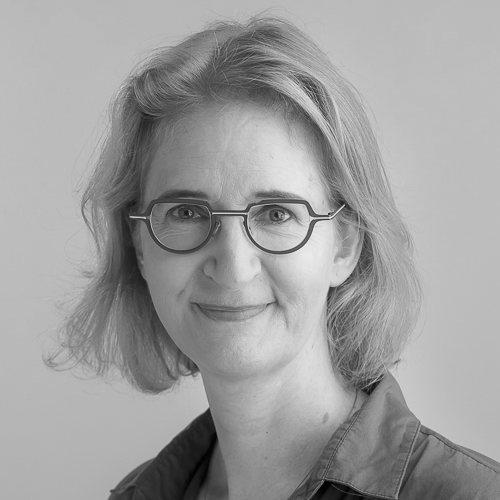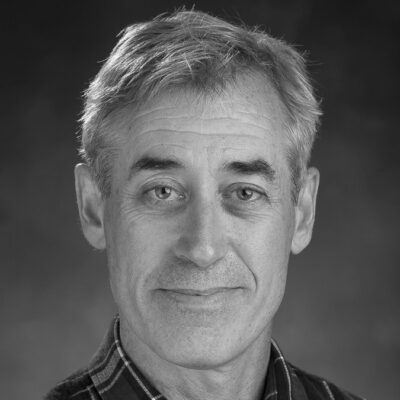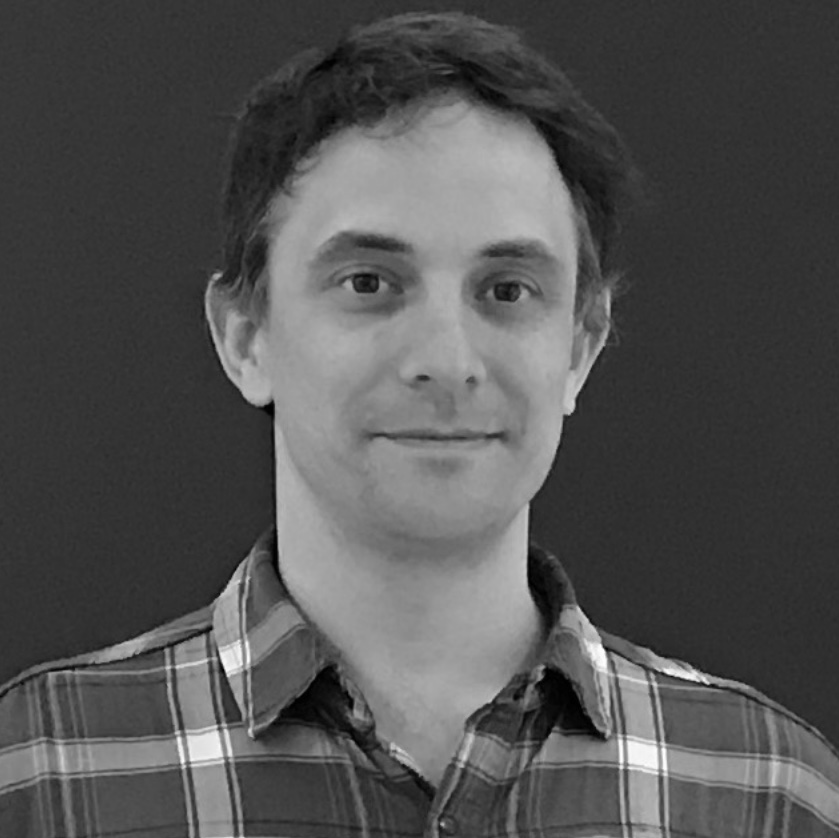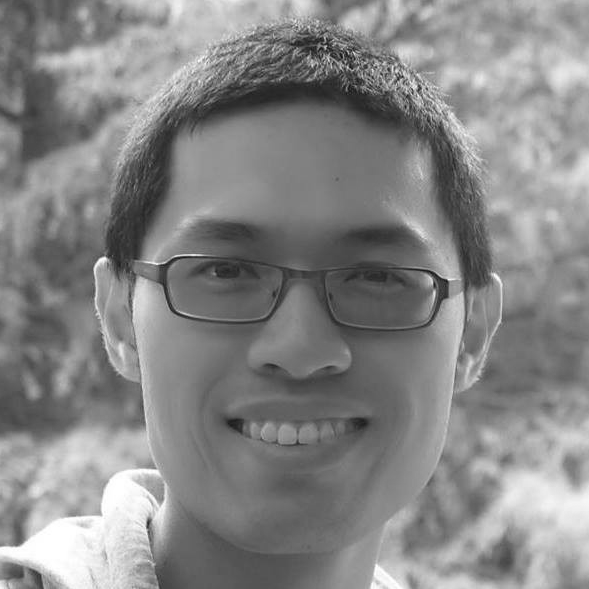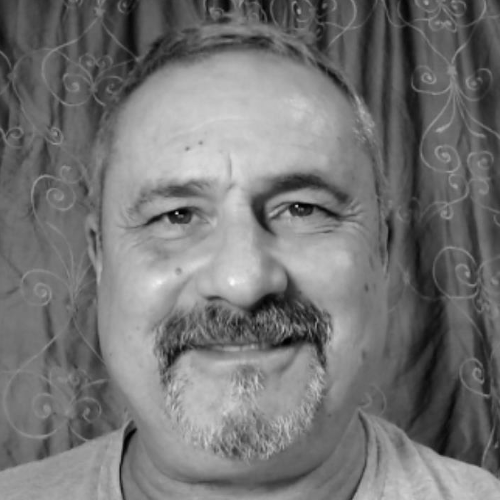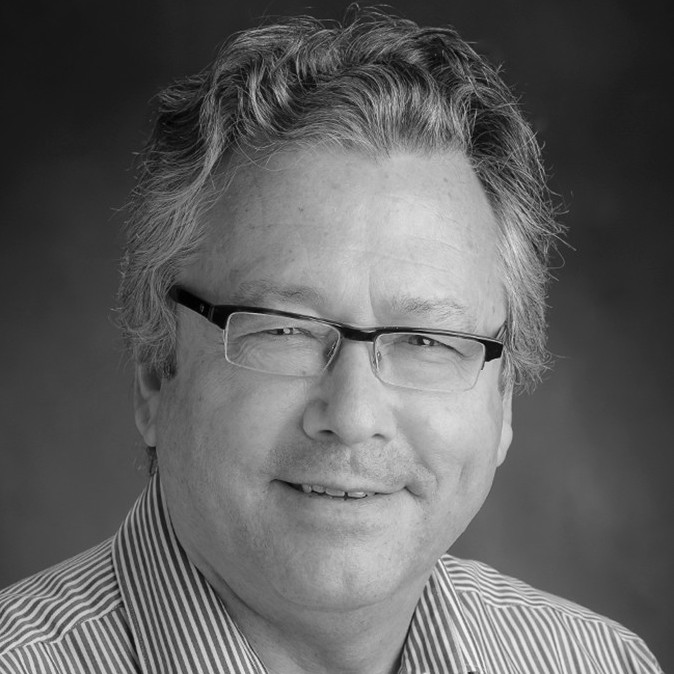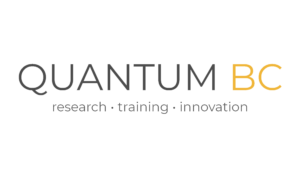PEOPLE
The people listed below reflect the Quantum Computing research community within universities and research institutes across British Columbia in Canada.
Daria Ahrensmeier
Position: Lecturer
Categories: Graduate Research Training Program, K-12 Outreach and Diversity, SFU, Undergraduate Training
Location: SFU
Daria obtained her PhD in theoretical physics from the University of Bielefeld, Germany, and started specializing in physics education and educational development while doing postdoctoral work in non-equilibrium quantum field theory and adiabatic quantum computing.
She (co-)created and taught lecture courses, labs, studio physics materials and labatorials for students in physics, engineering, mathematics and other programs at universities in Canada and Germany. As collaborator or co-PI on several Teaching and Learning Development Grants, she has studied the effectiveness of those instructional designs and shared the findings in publications and at conferences. As educational developer, Daria worked with over a hundred faculty members across SFU on curriculum review, program development, and teaching best practices, and collaborated on institution-wide teaching and learning initiatives.
Daria recently joined the Department of Physics at Simon Fraser University as Teaching Faculty Member and looks forward to further advancing physics and quantum education. For Quantum BC, she serves as the Chair of the Education Committee and has been collaborating on the development, implementation and assessment of workshops and courses. She is also the Chair of the Division of Physics Education (DPE) at CAP (Canadian Association of Physicists) and an Associate Editor for the Canadian Journal of Physics, and has helped set up the Quantum Algorithms Institute in BC.
Daria Ahrensmeier
Lecturer
Daria obtained her PhD in theoretical physics from the University...
Matt Amy
Position: Assistant Professor
Categories: Algorithms, Education, Fundamental Theory, Graduate Research Training Program, Institution, SFU, Software Engineering
Location: SFU
Matt Amy is an Assistant Professor in Computing Science at Simon Fraser University in Canada. He received his PhD in Computer Science from the University of Waterloo, after which he held an Atlantic Association for Research in Mathematical Sciences (AARMS) postdoctoral fellowship in Mathematics at Dalhousie University. Alongside his work in academia, he has spent time in the quantum software industry at Microsoft, Xanadu, and SoftwareQ, the latter at which he developed the industry-leading quantum compiler, staq, and now serves as head of quantum software. His current research aims at developing tools for formally specifying and reasoning about quantum computation to increase the ease with which verifiably correct quantum programs can be written and compiled.
Matt Amy
Assistant Professor
Matt Amy is an Assistant Professor in Computing Science at...
Nadish de Silva
Position: Assistant Professor
Categories: Algorithms, Fundamental Theory, SFU, Undergraduate Training
Location: SFU
Dr Nadish de Silva is a Canada Research Chair in the Mathematics of Quantum Computation and an Assistant Professor in the Department of Mathematics at Simon Fraser University. His research interests include quantum information and computation; nonlocality and contextuality; and operator algebras and noncommutative geometry. He is keenly interested in helping to elucidate the structural origins of computational and communicational advantages in both concrete quantum models and abstract postclassical models. These questions sit at the foundations of logic, computer science, and physics, and involve disparate areas of maths: e.g. algorithms and complexity theory, functional analysis, number theory, and category theory.
Nadish previously worked at the Centre for Quantum Information and Foundations in the Department of Applied Mathematics and Theoretical Physics (a part of the Centre for Mathematical Sciences) at the University of Cambridge, in the group of Richard Jozsa FRS. He was a member of King’s College.
Prior to this, he worked in the Department of Computer Science, UCL as the Researcher Co-Investigator of the EPSRC-funded project Contextuality as a resource in quantum computation: a collaboration between UCL and the University of Oxford headed by Simone Severini and Samson Abramsky FRS.
Dr. De Silva spent a semester as a Visiting Scientist at the Simons Institute for the Theory of Computing at the University of California, Berkeley. Previously, he completed his DPhil in Computer Science in the Quantum Group (Logic, Foundations, and Structures), supervised by Samson Abramsky FRS and Bob Coecke, as a Clarendon Scholar at Merton College, University of Oxford. He completed his MSc in Mathematics and BSc in Mathematics and Physics at the University of Toronto where his supervisor was George Elliott FRSC. In Toronto, he was a Visiting Member of the Fields Institute for Research in Mathematical Sciences, supported by NSERC Undergraduate Student Research Awards.
Nadish de Silva
Assistant Professor
Dr Nadish de Silva is a Canada Research Chair in...
J. Steven Dodge
Steve Dodge is an Associate Professor of Physics at Simon Fraser University who specializes in using femtosecond pulses of light to understand materials both in and out of equilibrium. His research focuses on quantum materials, including superconductors, magnetic materials, and topological electronic materials. He is an expert in a wide range of optical measurement techniques, including time-domain terahertz spectroscopy, pump-probe spectroscopy, coherent nonlinear optical spectroscopy, and polarization-sensitive measurements. He has been a Sloan Fellow, a Cottrell Scholar, and a member of the CIFAR Programs in Superconductivity, Quantum Matter, and Quantum Materials.
J. Steven Dodge
Associate Professor
Steve Dodge is an Associate Professor of Physics at Simon...
Paul Haljan
Position: Associate Professor
Categories: Graduate Research Training Program, Ions traps and AMO, Quantum Hardware, SFU
Location: SFU
Dr Paul C Haljan is an Associate Professor of Physics at Simon Fraser University with expertise in trapped-ion quantum technologies. Before joining SFU in 2005, Paul performed his doctoral work on quantum vortices in atomic Bose-Einstein condensates at the University of Colorado at Boulder and JILA and held a postdoctoral fellowship at the University of Michigan, where he worked on quantum gate implementations in trapped-ion hardware and early algorithm demonstrations. At SFU, the Haljan research group is focused on experiments with trapped ions, quantum simulations and quantum state manipulation, and technology development for trapped-ion quantum computing. They are developing the capabilities to make a precision probe of a structural phase transition in trapped ions for both fundamental interest and potential sensor applications. They have measured spontaneous nucleation of topological defects following a quench of the transition and probed the structural transition in the quantum regime. They have demonstrated new laser cooling techniques for trapped ion strings and are developing ultra-stable trap potentials for quantum technology applications.
Paul Haljan
Associate Professor
Dr Paul C Haljan is an Associate Professor of Physics...
Hoi-Kwan (Kero) Lau
Position: Assistant Professor
Categories: Algorithms, Applications, Fundamental Theory, Graduate Research Training Program, Ions traps and AMO, Photonics, SFU, Superconducting
Location: SFU
Kero is an Assistant Professor at the Department of Physics at Simon Fraser University. Before joining SFU in 2020, Kero got his PhD at the University of Toronto, and worked as a postdoc fellow at Ulm University, Max Planck Institute, and University of Chicago. Kero is a theorist working on the interplay of quantum physics and quantum information, with the focus on bosonic quantum systems, i.e. systems that behave as harmonic oscillators. His current interests include studying the properties of engineered quantum systems (e.g. optomechanics, microwave in superconducting resonator, trapped ions, photon in waveguide), and analyzing the practical performance of various technologies (e.g. sensing, communication, computation, simulation).
Hoi-Kwan (Kero) Lau
Assistant Professor
Kero is an Assistant Professor at the Department of Physics...
Steven Pearce
Lecturer in the School of Computing Science at Simon Fraser University and currently involved in developing courses in quantum algorithms and quantum computational complexity. He received his PhD in theoretical astrophysics and applied mathematics from The Lunar and Planetary Laboratory at The University of Arizona and his MSc from UBC in high energy astrophysics. His research involves computational magnetohydrodynamics, mathematical inverse theory and spectral methods in fluid dynamics. He has only recently become active in quantum computing with research centered on quantum fault-tolerance.
Steven Pearce
Lecturer
Lecturer in the School of Computing Science at Simon Fraser...
Stephanie Simmons
Position: Assistant Professor
Categories: Graduate Research Training Program, Photonics, Quantum Hardware, SFU, Spins in Si
Location: SFU
Dr Stephanie Simmons is an Assistant Professor, Canada Research Chair, and CIFAR Fellow, based out of the Department of Physics at Simon Fraser University (SFU), and is the Founder and Chief Quantum Officer of Photonic Inc. Her work on silicon quantum technologies was awarded a Physics World Top Ten Breakthrough of the Year of 2013 and again in 2015, and she is one of only 5 individuals to have ever won this award twice. She was named one of Canada’s Top 40 Under 40 for 2020, and her work has been covered by the New York Times, CBC, BBC, Scientific American, the New Scientist, and many others.
Stephanie Simmons
Assistant Professor
Dr Stephanie Simmons is an Assistant Professor, Canada Research Chair,...
Michael Thewalt
Position: Professor Emeritus
Categories: Graduate Research Training Program, Photonics, Quantum Hardware, SFU, Spins in Si
Location: SFU
Mike Thewalt is a Professor of Physics (Emeritus) at Simon Fraser University who continues to do research into the optical properties of impurities and defects in semiconductors, with a focus on how these might be used as qubits and spin/photon interfaces. The discovery and elucidation of the remarkable optical properties of highly enriched silicon-28 by his group in the early 2000’s led to a worldwide race to harness the properties of these systems for quantum applications. His research has resulted in over 300 publications with nearly 12,000 citations, as well as 5 patents. He is a Fellow of the Royal Society of Canada (RSC), the American Physical Society (APS) and the Institute of Physics (IoP) of the UK. He has served in many positions with the Canadian Association of Physicists (CAP), including as President, and on the Semiconductor Commission (C8) of the International Union for Pure and Applied Physics (IUPAP) for two three-year terms as member and one term each as Secretary and Chair. He has held an NSERC Industrial Research Chair, a Sloan Fellowship, two NSERC Research Accelerator supplements and a Killam Research Fellowship. His awards include the Gold Medal of the BC Science Council, the Rutherford Memorial Medal of the RSC, the Medal of Achievement and the Brockhouse Medal of the CAP, and the SFU Award for Excellence in Graduate Supervision.
Michael Thewalt
Professor Emeritus
Mike Thewalt is a Professor of Physics (Emeritus) at Simon...
